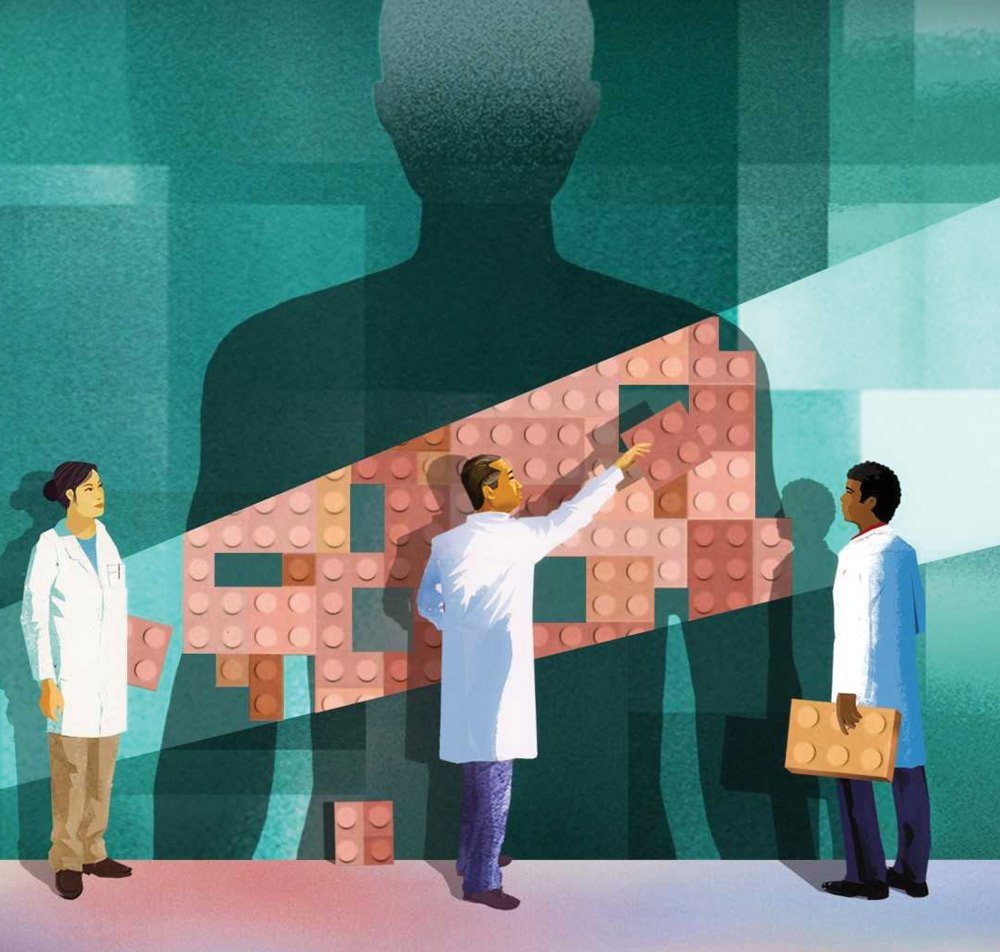 school of nursing
school of nursingMen Get Breast Cancer, Too

Because of social stigma and embarrassment around the disease, it’s not unusual for men to delay reporting a lump in their breast.
“We’re hesitant because having something wrong with our breasts sounds so feminine,” says Richard Pullen, EdD, MSN, RN, director of the RN to BSN program with the School of Nursing. “But then the cancer can get more advanced, more invasive. It can go from the breast to the lymph nodes and then to the bone, liver and lungs.”
Pullen’s latest article, “Breast Cancer in Males,” attempts to raise awareness around male breast cancer, which killed 530 American men in 2024. The article has been accepted for publication in Nursing, the Peer-Reviewed Journal of Clinical Excellence.
The study combines findings from 60 research papers on male breast cancer, providing nurses and doctors with the latest on risk factors, signs and symptoms, diagnostic studies, pathology and disease management.
“Even experienced and well-credentialed physicians and nurses don’t have enough knowledge about male breast cancer,” Pullen says. “They don’t deal with it on a regular basis, so they don’t think about it. To me, writing and publishing about it makes it more important.”
Pullen’s nursing career has spanned nearly 50 years, during which he has dedicated his work to cancer research. He’s also published research about other rare diseases, such as penile, mouth, throat, bladder and appendix — or appendiceal — cancers.
Pullen entered the nursing profession in the 1970s on the advice of a friend who commended his nurturing persona. He’s no stranger to cancer, having been diagnosed five times with squamous cell carcinoma five times, in addition to renal cell carcinoma.
“With illnesses that don’t occur very often, it’s crucial for us to be ready to care for patients with these issues,” he says. “My research is an integration of professional standards, and I’m heavy into the pathophysiology of what’s happening.”
Pullen is especially interested in the role of genes in cancer, including genes that undergo mutations due to lifestyle and environmental factors such as toxins, diet and stress, which can alter a person’s DNA structure and raise cancer risks.